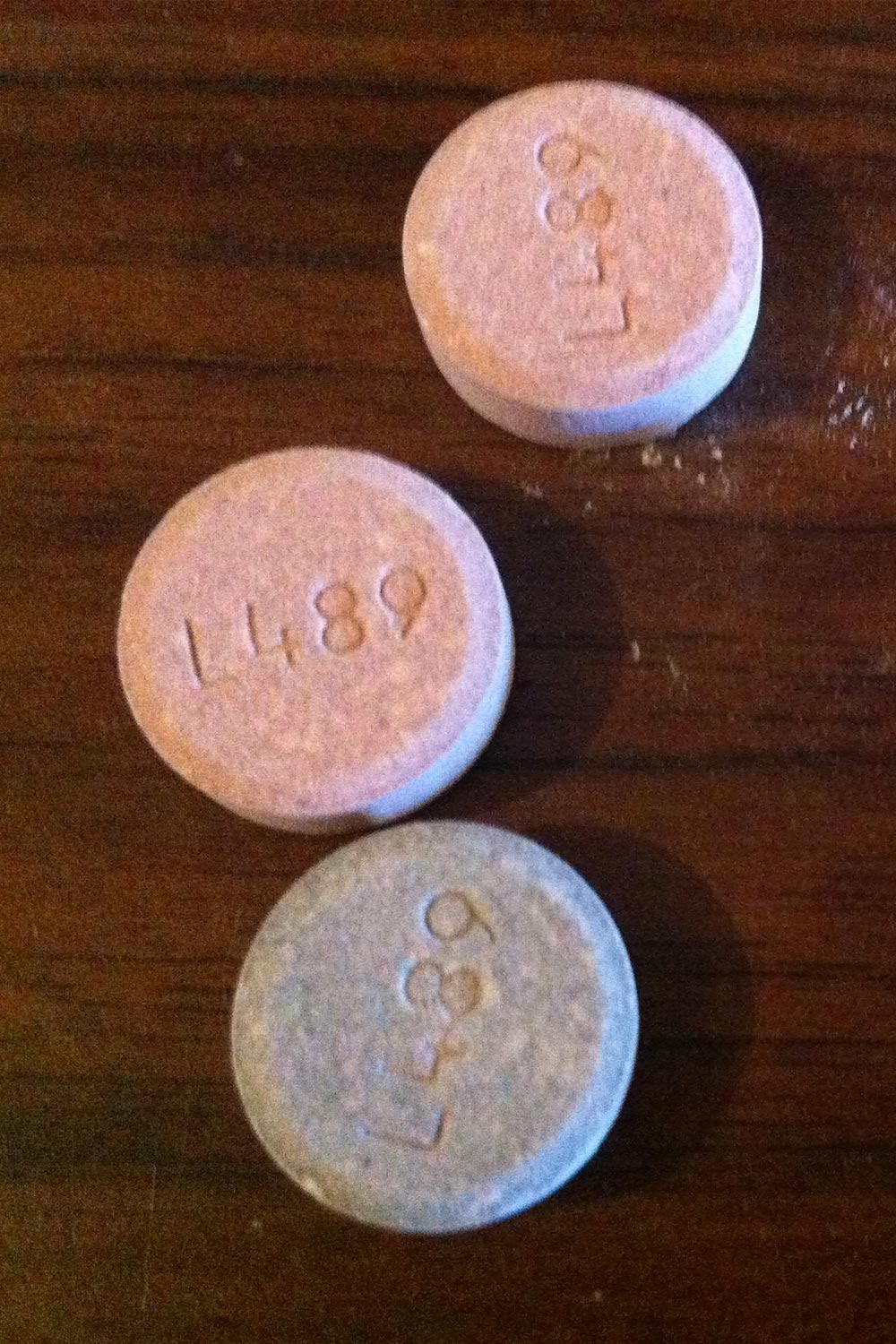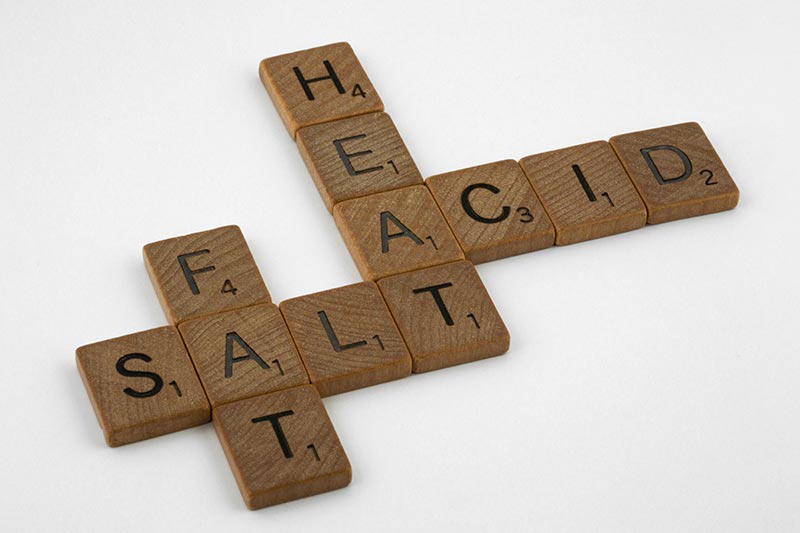Tips for Managing Acid Reflux While on Semaglutide

1. General Lifestyle Modifications
Maintenance Therapy
Making some adjustments to your daily routine can help alleviate acid reflux symptoms:

2. Specific Remedies
If lifestyle adjustments alone aren’t providing enough relief, you may benefit from over-the-counter medications or other remedies. Here’s a rundown of effective options:
If symptoms persist or worsen, consider consulting your healthcare provider for a tailored treatment plan, as they can provide guidance on dosage and frequency, especially with Semaglutide, which may affect your digestive system.

